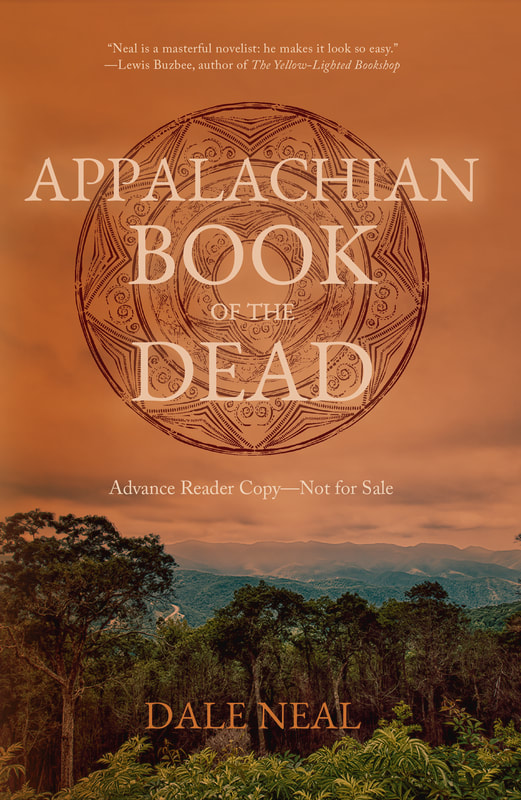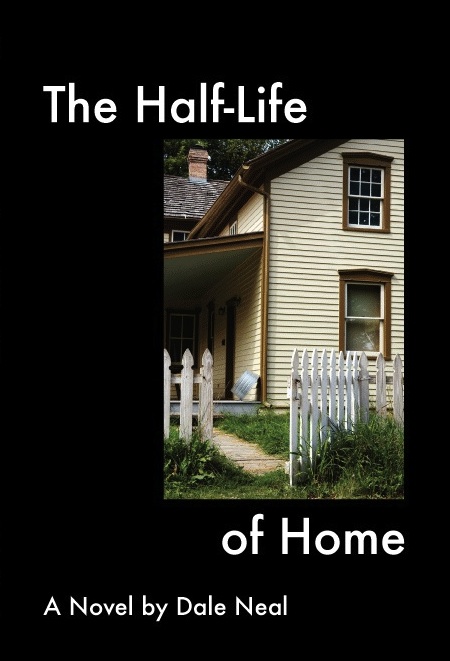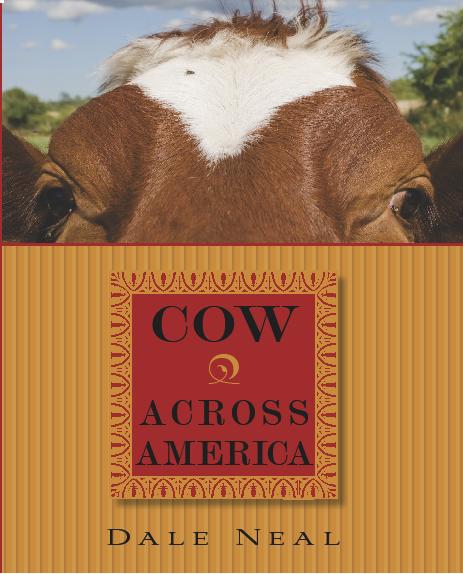 James Salter made up his own rules on writing. James Salter made up his own rules on writing. I'm pleased to be included among some fine writers in the latest issue of the Great Smoky Review. Check it out at www.thegreatsmokiesreview.org. Check it out If I am to be truthful, fiction did not seem all that friendly when I was first confronted with a story and the expectation that I should write one. Second grade at South Park Elementary. Mrs Brown’s class. We’ve just read a paragraph about circus clowns. We have been assigned homework for what may have been the first time in our young lives, but certainly not the last. Write a story, my teacher ordered. I was paralyzed, close to tears. The story we had just heard pretty well-covered everything a seven-year old would know about clowns. What would I say? I could feel Mrs. Brown’s disapproval already. I was a failure as a second-grader. Then my mother had a revolutionary idea. “Why don’t you write about something else?” I don’t remember exactly what I wrote. I just remember that great sigh of relief. The freedom to write what I wanted. That was the important part, the starting point. So early on, I learned the first rule of creative writing. “You don’t have to write about the clowns you don’t know.” Later teachers would refine that for me into the workshop saw: “Write what you know.” A useful enough rule for an apprentice writer. Later on, I was given permission to write about what I didn’t know, which pretty much summed up my long career as a journalist. Contrary to what many may think, journalists aren’t know-it-alls, and certainly not experts. Journalists simply learn how to ask people who do know about certain topics, and translate those ideas into everyday English. Fiction works in a slightly different vein. As the composer Verdi once said. “To copy truth may be a good thing but to invent truth is much better.” Writing is such a subjective, strange endeavor. At its essence, writing is a mysterious mind meld between the writer and the reader. They are able to share a single thought in a single sentence through that marvelous code of alphabet, grammar, syntax, metaphor, all of which communicates thought, makes meaning through the largesse of language whether printed or pixilated. And we spend years in workshops and seminars, reading, writing, critiquing, experimenting, trying to figure out the rules of fiction or nonfiction. And there are plenty of worthwhile suggestions, rules of thumb for consistent point of view, pacing, voice, dialogue, all those elements of craft that provide the scaffolding for the art itself. If we just know the rules, maybe it would all be easier. So we ask mentors, we read guidebooks. I like Somerset Maugham’s dictum: “There are three rules to writing a novel….” (I’ve started with this and had students take up their pencils ready to scribble out the received wisdom.) “…Unfortunately,” Maugham continues, “no one knows that they are.” What I have discovered is that novelists have to create the rules of the game with each book they write. You break those rules once you’ve set them out at your own peril. The reader will know when you’re cheating. But rather than focus on the rules, I think writers are more in need of permission to play, to explore, to daydream, to pretend. It’s the grand game of What If. We need to write into what we don’t know from the starting point of what we think we know. If that be clowns, then put on your red ball nose and your big shoes and write. If you want to do zombies or Elizabethan ladies, Mexican migrant workers or Martians, go ahead and give yourself the permission to write the stories you want to read. So rather than rules, let me offer some suggestions from a writer I deeply admire. James Salter has penned some of the most elegant prose I’ve ever read, starting with his 1968 breakout novel A Sport and a Pastime, and 1976’s Light Years, about the disintegration of a marriage of a Hudson Valley couple. A former fighter pilot in Korea, a filmmaker in Hollywood, a world traveler, Salter writes the kind of sentences that writers would kill for. I keep going back to his novels, his memoir Burning the Day, and his exquisite stories, in which he seemed to break all the rules of what I had thought fiction could do. Salter died last year just after his 90th birthday, but I still revere him as an immortal when it comes to the words themselves on the page. These are his rules, which he pinned over his desk for reference while he wrote. Do not be eager to please. 1. TACT 2. Don’t feel obligated to write sentences. 3. No life is interesting that isn’t serious. 4. Write for readers like yourself. 5. Like Turgenev – that simplicity of telling that one trusts & loves. 6. Describe … Digress … Make leads (Forster!!!) … Open chapters beautifully. 7. Don’t write something they will recognize & accept. Write something that will astonish, that is completely different from their ideas & world & will alter them. 8. NO FINE WRITING. 9. Do not insist. Do not over-adorn. 10. Brief, lucid, mercilessly clear. 11. Don’t endorse narrowness, lack of intelligence. Instead concentrate on what they do know, their grace, valor, the glint of true light. 12. No “intellectual” conversations/digressions either from you or them. MAKE IT UNBEARABLE “Once in a while, forget logic, sequence, perspective, even chronology.” Salter was a high craftsman with an appreciation for what a well-written book can mean in a human life. To write a great sentence is, I believe, a worthy addition to the world and a worthwhile pursuit in this life we are given for such a short time. As Salter once wrote to a friend, “We must consume whole worlds to write a single sentence and yet we never use up a part of what’s available. I love the infinities, the endlessness involved…” So the only rule I would leave you with is this: write not so much what you know, but what you love. Dale Neal is the author of two novels, Cow Across America and The Half-Life of Home, numerous short stories and years of award-winning journalism. Neal holds an MFA in creative writing from Warren Wilson College. He teaches in the Great Smokies Writing Program and at Lenoir-Rhyne University’s Asheville Center for Graduate Studies. He lives in Asheville.
8 Comments
|
Dale NealNovelist, journalist, aficionado of all things Appalachian. Archives
April 2023
Categories
All
|
|
© Dale Neal 2012. All rights reserved.
|
Asheville NC Contact
|




 RSS Feed
RSS Feed